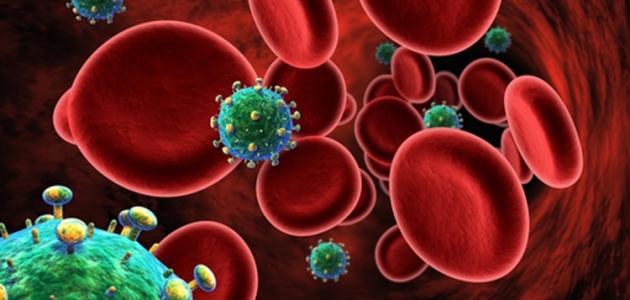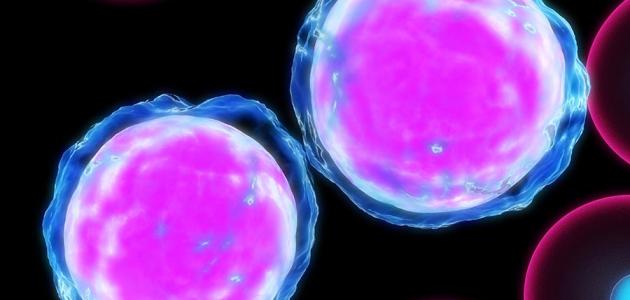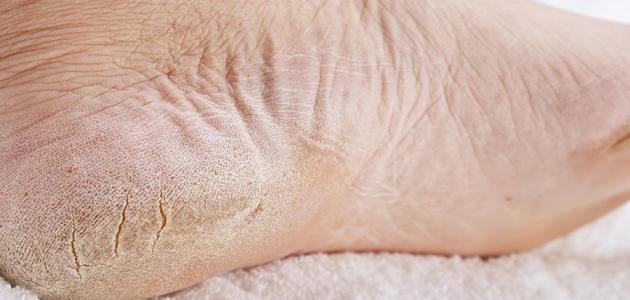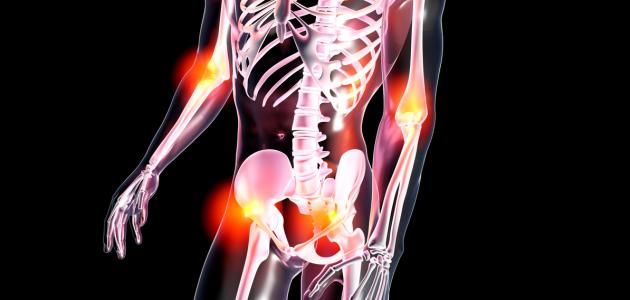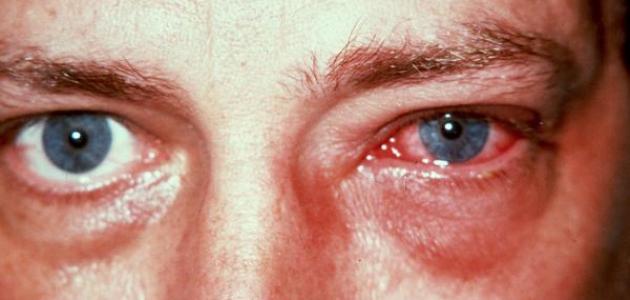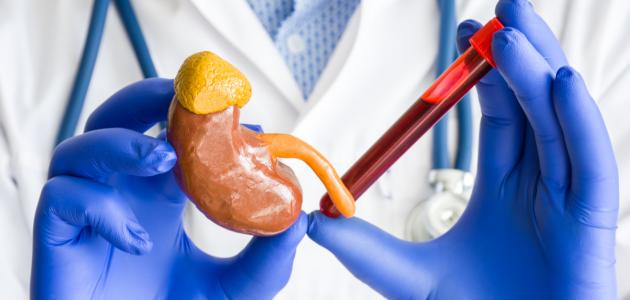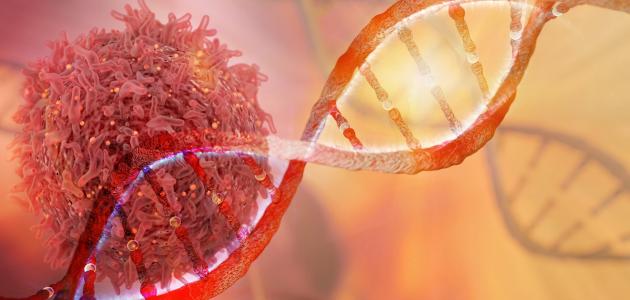Contents
Causes of folic acid deficiency anemia
Folate-deficiency anemia is defined as anemia caused by a low number of red blood cells due to a deficiency of a type of vitamin B known as folic acid or folate. It is one of the essential elements involved in the production and growth of red blood cells, [1] [2] and folic acid is one of the vitamins dissolved in water, so it cannot be stored in the body for long periods, as its storage period in the body usually reaches approximately four months Therefore, you must be careful to eat foods that contain folic acid on a daily basis to make sure you get the daily need of it, [3] and to have folic acid deficiency anemia have many reasons, some of which can be mentioned as follows:
Diet
Many people who follow an irregular diet or are poor in sources of folic acid, as well as people who drink alcohol suffer from a folate deficiency, which in turn increases the risk of developing folic acid deficiency anemia, so be careful to eat foods rich in folic acid, such as: Brown rice, broccoli, peas, asparagus, and chickpeas. [4]
Malabsorption
Having some health problems may lead to disturbance of the digestive system's ability to absorb folic acid from meals efficiently, and a lower level of folic acid in the body than the normal range, and among these disorders are inflammatory bowel disease , and celiac disease or What is known as wheat allergy disease (celiac disease). [5] [6]
Excessive urination
Having some health disorders may lead to excessive urination, which in turn leads to a large loss of folic acid from the body, and among these disorders are the following: [5]
- Dialysis for long periods, it is used to get rid of blood to compensate for waste and kidney function special machine.
- Severe liver disease, which is usually caused by drinking too much alcohol.
- Congestive heart failure, which is a disorder of the heart's ability to pump blood efficiently to various parts of the body.
Use of some types of medication
The use of some types of medicines may affect the ability of the digestive system to absorb folic acid, including the following: [7]
- Barbiturates.
- Triamterene.
- Phenytoin.
- Sulfasalazine.
- Pyrimethamine.
- Methotrexate.
- Trimethoprim / sulfamethoxazole.
Pregnancy
It should be noted that the expectant mother should obtain more folic acid during pregnancy, due to the fetus’s need for it, in addition to the low absorption capacity of folic acid by the expectant mother during pregnancy, and the deficiency of folic acid in the pregnant mother has a great impact on the risk of the fetus having some abnormalities Congenital affecting the brainNeural tube defects, and the spinal cord and spine in what is known as neural tube defects, so it is advised if you want to become pregnant to take folic acid supplements on a daily basis and continue to do so until the 12th week of pregnancy, to prevent the fetus from developing congenital anomalies related to acid deficiency Folic acid, and concern for the normal growth and development of the fetus, and it is worth noting that some health problems that a pregnant mother may suffer from may affect the proportion of folic acid as well, so care must be taken to consult a specialist doctor and continue follow-up with him throughout the pregnancy, and the pregnant mother with a disease Diabetes : You may need a higher dose of folic acid. [8] [9]
Other reasons
There are many other reasons that may lead to folic acid deficiency anemia, including the following:
- Birth defects that affect the ability of the digestive system to absorb folic acid, which need immediate treatment to prevent some long-term health disorders. [7]
- Hemolytic anemia. [2]
- A genetic disorder of Methylenetetrahydrofolate reductase (MTHFR), which affects the body's ability to convert and use folic acid into its active form. [6]
- The body's need for folic acid rises above the normal range, which may be caused by a number of disorders and health problems, including the following: [4]
- Cancer .
- Inflammatory diseases, and some types of infections.
- Hereditary and non-inherited blood diseases, such as Sickle Cell Anemia .
Risk factors for folic acid deficiency anemia
There are many factors that may increase the risk of developing folic acid deficiency anemia, and some of them are explained below: [10]
- Following a weight loss diet.
- Following an unhealthy diet poor in vegetables and fruits, and the diet of some elderly people, and some poor areas.
- Overcooking.
To learn more about anemia, read the following article: ( Causes, treatment and symptoms of anemia ) .
References
- ↑ "Folate-deficiency anemia" , www.mountsinai.org , Retrieved 4-7-2020. Edited.
- ^ A b "folate-Deficiency Anemia" , Medlineplus.gov , Retrieved 4-7-2020. Edited.
- ↑ "Vitamin B12 or folate deficiency anemia" , www.nhsinform.scot , Retrieved 4-7-2020. Edited.
- ^ A b " the Vitamin B12 is Or Folate Deficiency anemia" , Www.nhs.uk , Retrieved 4-7-2020. Edited.
- ^ A b " the Vitamin B12 is Or Folate Deficiency anemia" , Www.your.md , Retrieved 4-7-2020. Edited.
- ^ A b of Jennifer Berry (29-5-2019), "What ' To Know About Folate Deficiency" , www.medicalnewstoday.com The , Retrieved 4-7-2020. Edited.
- ^ A b "What ' Is Folic Acid Deficiency Anemia" , the www.webmd.com , Retrieved 4-7-2020. Edited.
- ↑ "Folate-Deficiency Anemia" , www.hopkinsmedicine.org , Retrieved 4-7-2020. Edited.
- ↑ "Anemia, vitamin B12 and folate deficiency" , 111.wales.nhs.uk , Retrieved 4-7-2020. Edited.
- ↑ "Folate-deficiency anemia" , pennstatehershey.adam.com , Retrieved 4-7-2020. Edited.

